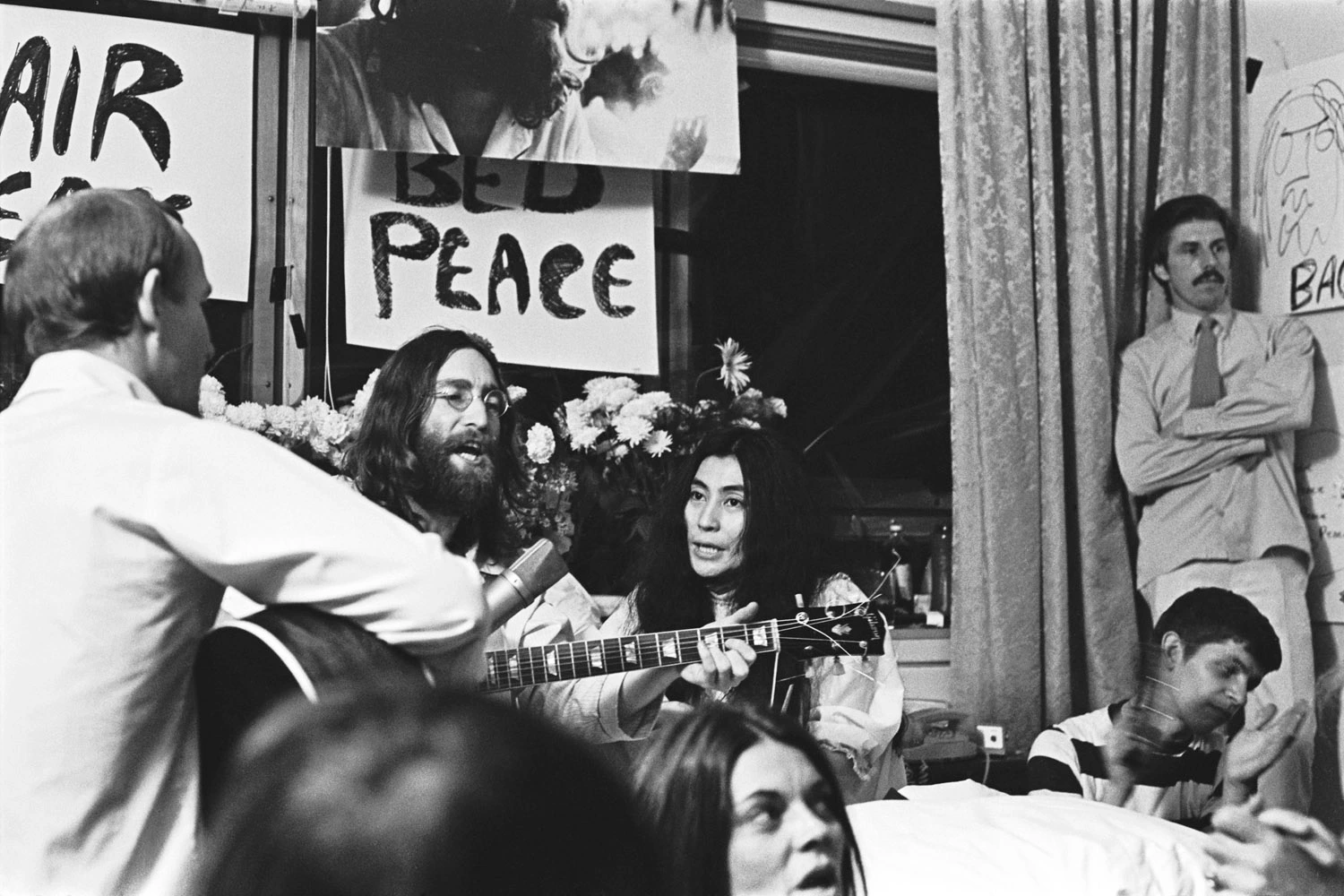Meine Kanäle - Favorite songs

1. From this valley they say you are going, I will miss your bright eyes and sweet smile, For they say you are taking the sunshine, that brightens our pathways awhile. (CHORUS) Come and sit by my side if you love me, do not hasten to bid me a-dieu, but remember the Red River Valley, and the cowboy who loved you so true.
2. I’ve been thinking a long time, my darlin’, Of the sweet words you never would say, now, alas, all my fond hopes must vanish. For they say you are going away. Repeat Chorus: Come and sit by my side if you love me, do not hasten to bid me a-dieu, but remember the Red River Valley, and the cowboy who loved you so true.
3. Do you think of the valley you’re leaving? Oh, how lonely and sad it will be! Do you think of the kind hearts you’re breaking, and the pain you are causing to me? Repeat Chorus: Come and sit by my side if you love me, do not hasten to bid me a-dieu, but remember the Red River Valley, and the cowboy who loved you so true.
4. I have promised you, darlin’, that never, will a word from my lips cause you pain; And my life, it will be yours forever If you only will love me again. Repeat Chorus: Come and sit by my side if you love me, do not hasten to bid me a-dieu, but remember the Red River Valley, and the cowboy who loved you so true.

Purple Haze ist ein Lied von Jimi Hendrix, das er am 17. März 1967 als zweite Single der Jimi Hendrix Experience in Europa und am 19. Juni 1967 als erste Single in den USA veröffentlichte.[1]
Als Hit in den Charts und als Eröffnungslied der US-amerikanischen Version des Debütalbums Are You Experienced der Jimi Hendrix Experience war das Stück oft für viele Hörer der erste Eindruck von Hendrix’ psychedelischem Rock-Sound. Der Song wird dominiert durch Hendrix’ innovatives, mit Blues-Elementen angereichertes Gitarrenspiel. Er wurde auf fast allen Kompilationsalben von Hendrix veröffentlicht. Das Stück wurde regelmäßig auf seinen Konzerten aufgeführt, so dass zahlreiche Liveaufnahmen von Purple Haze dokumentiert sind.

„Hark! The Herald Angels Sing“ ist ein englisches Weihnachtslied, das erstmals 1739 in der Sammlung Hymns and Sacred Poems erschien. Das Lied, das auf Lukas 2,14 basiert, erzählt von einem Engelschor, der Gott lobt. In seiner heutigen Form enthält es lyrische Beiträge von Charles Wesley und George Whitefield, zwei der Gründungsprediger des Methodismus, mit einer musikalischen Adaption von „Vaterland, in deinen Gauen“ aus Felix Mendelssohns Kantate Festgesang (Gutenberg-Kantate).












